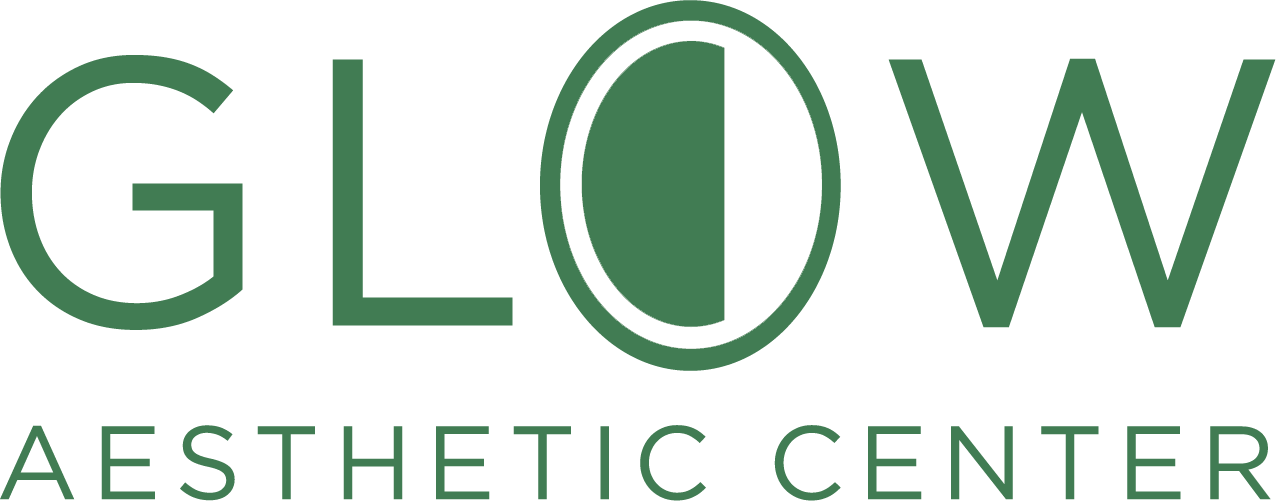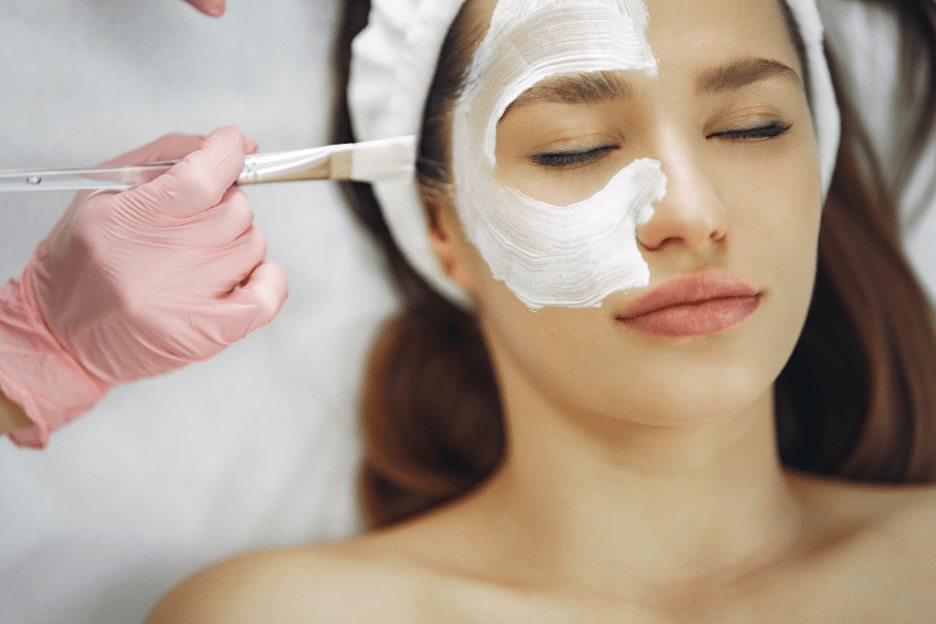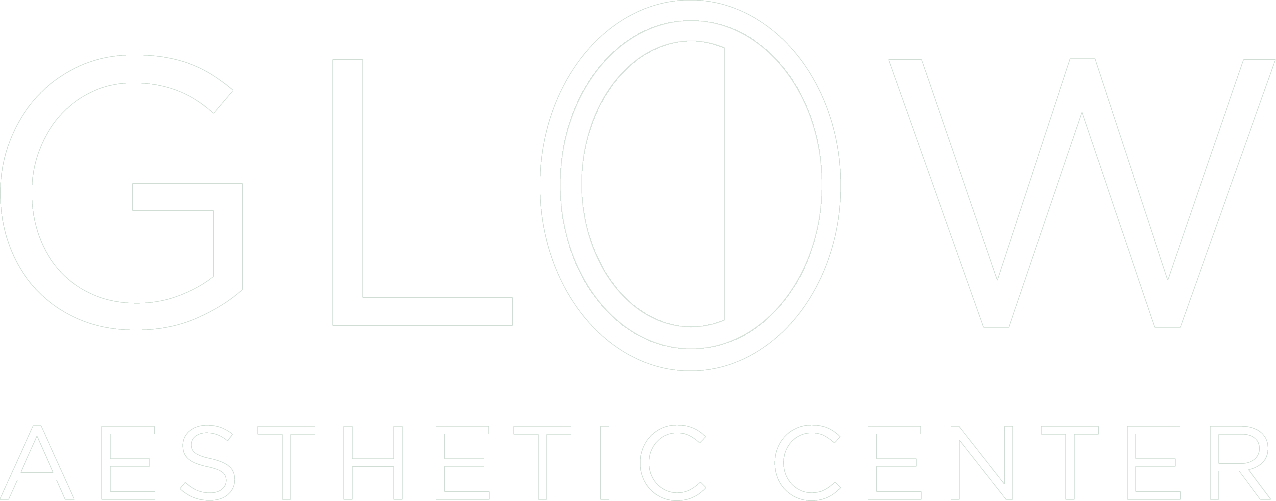Teeth grinding, known medically as Bruxism, is a common condition characterized by the involuntary clenching and grinding of teeth, often during sleep but occasionally during waking hours. This habit can result in uncomfortable symptoms such as jaw and tooth pain, facial pain, earaches, headaches, and migraines.
Bruxism can lead to dental complications, including tooth enamel loss, sensitive teeth, and chipped or worn-down teeth. One surprising side effect of teeth grinding is the development of hypertrophy of the masseter muscle, which can cause the jaw to appear square-shaped.
While Bruxism may seem like an intractable problem, there is hope for relief through innovative treatments. One such treatment that has gained recognition for its effectiveness is Botulinum Toxin Type A, commonly known as Botox. Traditionally associated with cosmetic enhancements, Botox injections have emerged as a game-changer in bruxism treatment.
This post aims to explore the power of Botox in addressing bruxism symptoms, providing insights into the procedure, its effectiveness, and its potential benefits over traditional treatments.
Join us as we delve into the world of Bruxism and discover how Botox can help you end teeth grinding, alleviate associated discomfort, and enhance your overall quality of life.
Understanding Bruxism and Its Side Effects
In medical terms, Bruxism refers to the chronic grinding and clenching of teeth. This condition can occur during sleep, known as Sleep Bruxism, or even when awake, referred to as Awake Bruxism. It is estimated that around 10% of adults and up to 15% of children experience some form of Bruxism.
Individuals suffering from Bruxism often report persistent jaw pain, which can radiate to the face and even cause ear discomfort. The excessive pressure exerted on the teeth and jaw during grinding can lead to headaches, including migraines, making daily activities challenging and affecting overall well-being.
Bruxism also poses significant dental complications. Continuous grinding can result in the gradual loss of tooth enamel, leaving the teeth more vulnerable to sensitivity and decay. The intense pressure exerted during Bruxism can cause teeth to become chipped, worn down, or even fractured. These dental issues may require extensive treatment, including dental restorations like crowns or veneers.
Constant clenching and grinding of teeth can enlarge the masseter muscle (responsible for jaw movement, like chewing), resulting in a more square-shaped jawline. This condition, often called masseter hypertrophy, can cause individuals to feel self-conscious about their facial appearance.
Understanding the wide range of symptoms and complications associated with Bruxism highlights the importance of seeking appropriate treatment. While Bruxism may initially seem harmless, its long-term effects on oral health and overall well-being can be significant.
Traditional Bruxism Treatments
When managing Bruxism, several traditional treatment options have been commonly utilized. While these approaches may provide some relief, they often fail to address the full range of bruxism symptoms and complications.
Night guards are commonly used to lessen noise and protect teeth but do not address side effects like headaches and jaw pain.
Anti-inflammatory medications may provide temporary relief but do not target the root cause of Bruxism, resulting in limited effectiveness in managing symptoms.
These traditional treatments focus on symptom management rather than addressing the condition’s underlying cause. To achieve comprehensive and effective bruxism relief, alternative treatments such as Botox injections offer promising results.
Botox Treatment for Bruxism
Botox treatment has emerged as a promising solution for managing bruxism symptoms by directly targeting the underlying cause. The procedure involves injecting small doses of Botulinum Toxin Type A, commonly known as Botox, into the masseter muscle responsible for jaw movement.
The injections work by weakening and relaxing the masseter muscle, effectively preventing involuntary clenching and grinding of teeth. By interrupting excessive muscle activity, Botox treatment not only helps alleviate the discomfort associated with Bruxism but also lessens dental complications caused by grinding, such as enamel loss and tooth damage.
Botox treatment has shown effectiveness in alleviating problems related to the temporomandibular joint (TMJ), including jaw pain and limited jaw movement. Many individuals also report reduced headaches after Botox injections for Bruxism, including migraines.
Botox treatment does not interfere with chewing or voluntary facial movements. The injections specifically target the muscles involved in Bruxism, allowing individuals to continue their normal daily activities without disruption.
Effectiveness of Botox as a Bruxism Treatment
While Botox injections do not cure Bruxism, they have proven highly effective in managing symptoms and significantly reducing side effects. Unlike traditional treatments, Botox targets the root cause of Bruxism by addressing muscle overactivity.
Botox treatment can be more effective for some individuals than night guards in controlling bruxism symptoms. Night guards primarily provide dental protection, whereas Botox injections directly relax the muscles responsible for grinding, providing complete relief from jaw pain, headaches, and other associated discomforts.
The effects of Botox bruxism treatment typically last for approximately three to four months. During this period, individuals experience a considerable reduction in grinding-related symptoms and can enjoy improved quality of life.
Regular follow-up appointments with a qualified healthcare professional are recommended to maintain the effectiveness of the treatment and adjust the dosage as needed.
Stop Teeth Grinding in its Tracks
Botox treatment has proven to be a highly effective solution for managing bruxism symptoms.
Botox injections relieve jaw pain, headaches, and dental complications by targeting the underlying cause and relaxing the muscles responsible for grinding. If you’re struggling with Bruxism, it’s time to consider the transformative power of Botox.
Say goodbye to teeth grinding and its uncomfortable side effects. Experience the relief you deserve with Botox.
Take the first step toward a pain-free smile today.








